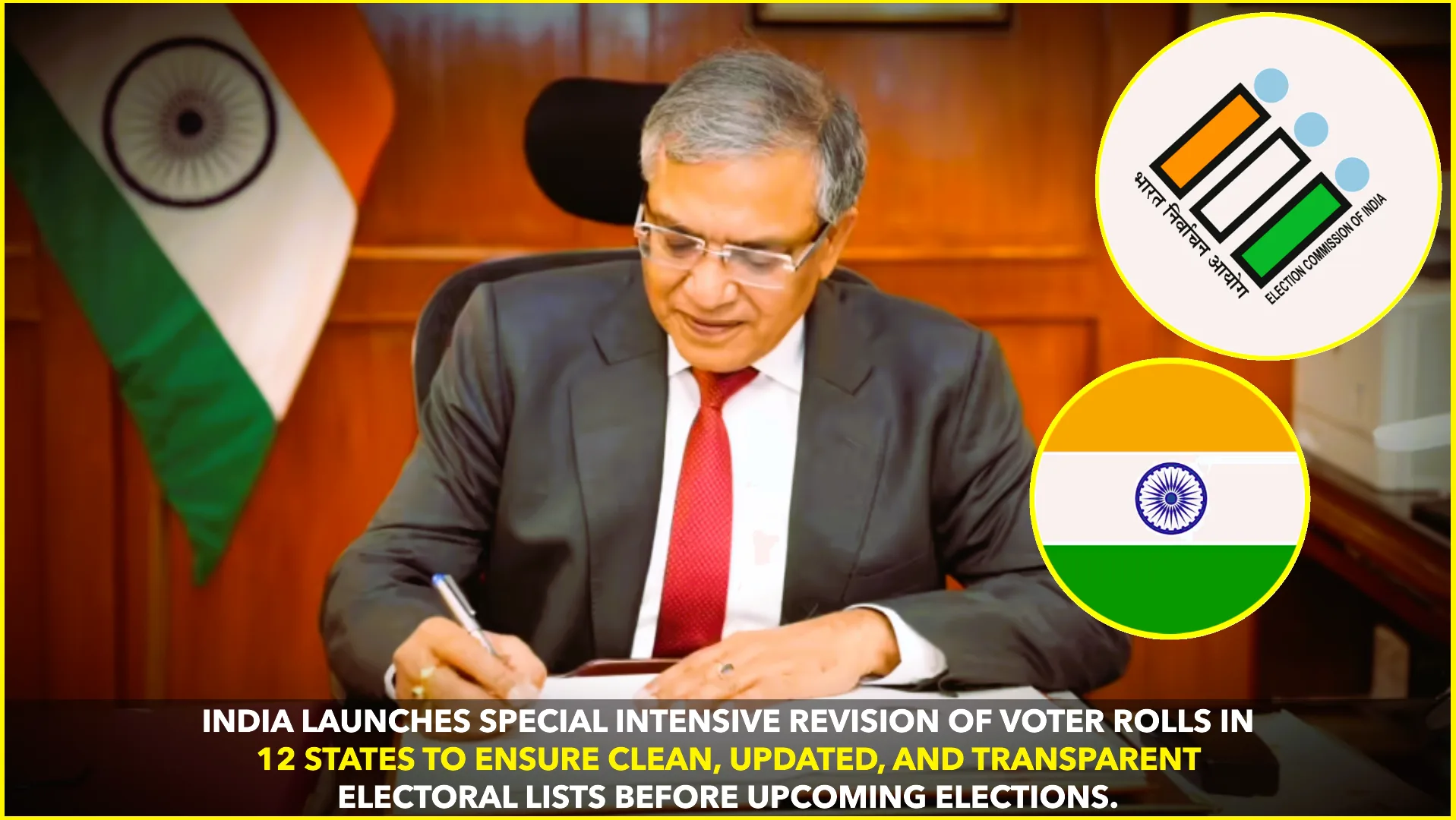For years, many Delhi parents braced themselves for that dreaded mid-year letter: a surprise hike in school fees. There were no discussions, no choices—just an unconditional demand to pay more. But after decades of hardship and uncertainty, the Delhi government has stepped in decisively to end this practice, bringing long overdue relief to families.
A Landmark Change in School Fee Regulation
On August 8, 2025, the Delhi Assembly passed the Delhi School Education (Transparency in Fixation and Regulation of Fees) Bill, 2025, which mandates that all private and unaided schools across Delhi—even those on private land—must now obtain government approval before increasing fees. This marks a significant expansion from the previous rule, which applied only to about 350 schools built on government-allotted land The Indian ExpressJagranjosh.comThe Times of India.
The new legislation aims to replace a decades-old, limited framework under the Delhi School Education Act and Rules, 1973, that failed to sufficiently regulate fee hikes across private institutions India Today+1The Indian Express. Now, transparency and fairness take center stage.
Why Now?
A look at what preceded this reform reveals the urgency: regulatory oversight had steadily weakened from 2016 to 2024. In 2016–17, approximately 69% of fee hike proposals were rejected. By 2023–24, rejection rates plummeted to just 32%, and out of 262 proposals, only 28 were ever reviewed—the rest effectively went unchecked.
The pre-COVID ban on fee hikes in the 2020–21 and 2021–22 sessions offered temporary relief. However, the absence of a robust regulatory framework allowed schools to resume hikes with ease when that moratorium ended The Times of IndiaJagranjosh.com.
A Three-Tier Accountability Structure
To ensure efficacy, the new bill introduces a three-tier regulation and grievance redress mechanism:
- School-Level Fee Committees, including school management, parents, teachers, and DoE nominees.
- District Fee Appellate Committees to resolve disputes.
- A State-Level Revision Committee, headed by the Director of Education, whose decisions are binding The Times of India+1ncr-guide.com.
Schools must also submit fee proposals once every three years, incorporating a CPI-linked formula to promote fairness and predictability in fee revisions The Times of India+1. Proposed fee structures for a three-year block must be transparent and submitted in advance.
Tough Penalties for Violations
Stringent penalties back the framework: fines ranging from ₹1 lakh to ₹10 lakh can be imposed on schools for unauthorized hikes. These penalties escalate if refunds are delayed. Repeat violations can result in the disqualification of school management, revocation of recognition, or even government takeover The Times of India+1.
Moreover, under earlier rules, students could be penalized for non-payment of fees, such as removal from rolls or withholding of exam results. The ordinance version of the regulation outright banned such practices, ensuring schools cannot mistreat students over unpaid fees www.ndtv.comncr-guide.com.
Political Response and Backdrop
The bill was introduced on August 4, 2025, and passed after a four-hour assembly debate during the Monsoon Session. The AAP proposed eight amendments, all of which were rejected before the bill’s passage.
Chief Minister Rekha Gupta hailed it as the end of a “52-year wait” for parents, while Education Minister Ashish Sood framed it as a promise to parents and a significant step toward ending school profiteering Jagranjosh.comIndia Today.
Meanwhile, the AAP criticized the bill, arguing it weakens existing judicial oversight and may offer protections to private schools The Times of IndiaThe Indian Express.
The bill now awaits assent from the Lieutenant Governor, following which it will be enforced across the capital www.ndtv.comIndia Today.
A Model for the Nation?
Delhi’s move offers a powerful example: accountability, transparency, and protection for parents, all embedded in law. Should other states adopt similar frameworks, millions of families across India could be shielded from arbitrary hikes and exploitation.
Would nationwide legislation mandating prior approval for school fees bring this much-needed equilibrium to India’s education system? Delhi has taken a bold first step—others can follow and raise the standard for fair, accessible education across the country.










